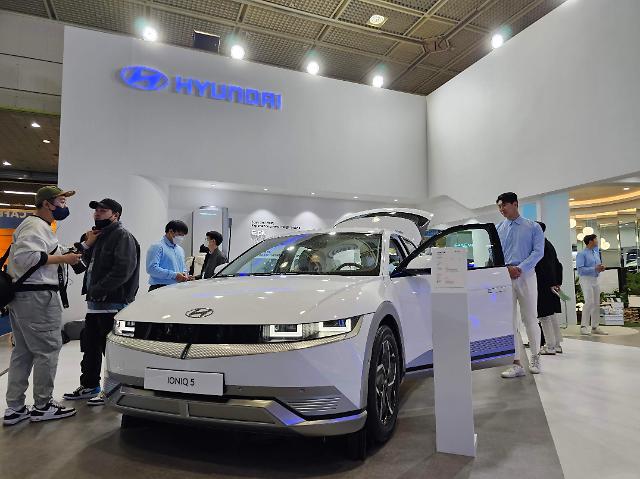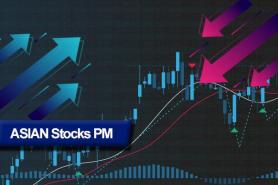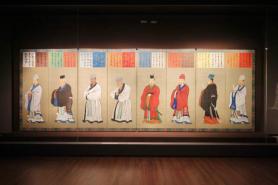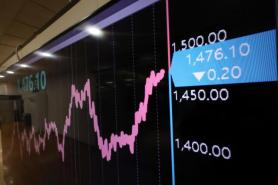
[Photograph by Kim Jong-hyung]
SEOUL -- Samsung Electronics Chairman Jay Y. Lee, SK Group Chairman Choi Tae-won, Hyundai Motor Group Chairman Chung Eui-sun, LG Group Chairman Koo Kwang-mo, and Lotte Group Chairman Shin Dong-bin have joined the ranks of other major South Korean conglomerate leaders on a trip to Tokyo in a bid to engage in discussions with their Japanese counterparts on the cooperation in various sectors including semiconductors, batteries, and electric components.
According to industry sources on March 16, the heads of the five major South Korean companies will attend a bilateral business roundtable co-hosted by the Federation of Korean Industries (FKI) and the Japan Business Federation (Keidanren) in Tokyo on March 17.
The business community is expecting to strengthen cooperation in the materials, components, and equipment (MCE) after the meeting. In 2019, Japan took measures to tighten exports of photoresist, hydrogen fluoride, and polyimide, which are essential materials for semiconductor and display production, and subsequently removed South Korea from the white list, a list of countries with preferential export control.
Japan decided to lift export restrictions related to three items: hydrogen fluoride, polyimide fluoride, and photoresist. However, further discussions on South Korea being re-registered onto Japan's trade white list are needed, and it is essential to strengthening cooperation with Japan, which has small-scale source technologies.
The four major companies are expected to advocate the need for MCE cooperation as they focus on industries that require key items under Japanese export controls. There are expectations that the discussions will be more concrete, especially given that the chairman of Tokura Masakazu, the chairman of Keidanren, is also the chairman of Sumitomo Chemical. Sumitomo is a major producer of extreme ultraviolet (EUV) photoresists and has ties to South Korean companies, including supplying polarizing films for Samsung Electronics' organic light-emitting diode (OLED) smartphones.
Collaboration on electric vehicle (EV) batteries is also expected. The global EV and battery companies are collaborating to reorganize their supply chains in the United States and Europe. The three domestic battery makers are building 13 joint-venture plants in North America. China is also trying to bypass the U.S. inflation reduction act (IRA), including a partnership with American carmaker Ford while expanding its global market share. South Korean battery and automotive industries are required to kick into full gear in an effort to maintain their global competitiveness.
Japanese automakers also need to collaborate with South Korean companies. According to market research firm SNE Research, Panasonic is the only Japanese company in the top 10 in the global EV battery market as of January 2023. This compares to all three South Korean battery makers in the top 10.
LG Energy Solutions said last month that it will build a battery joint venture plant in the U.S. with Japanese carmaker Honda. The batteries produced will be supplied to Honda's plants in North America. The meeting is expected to lead to further cooperation.
Copyright ⓒ Aju Press All rights reserved.




